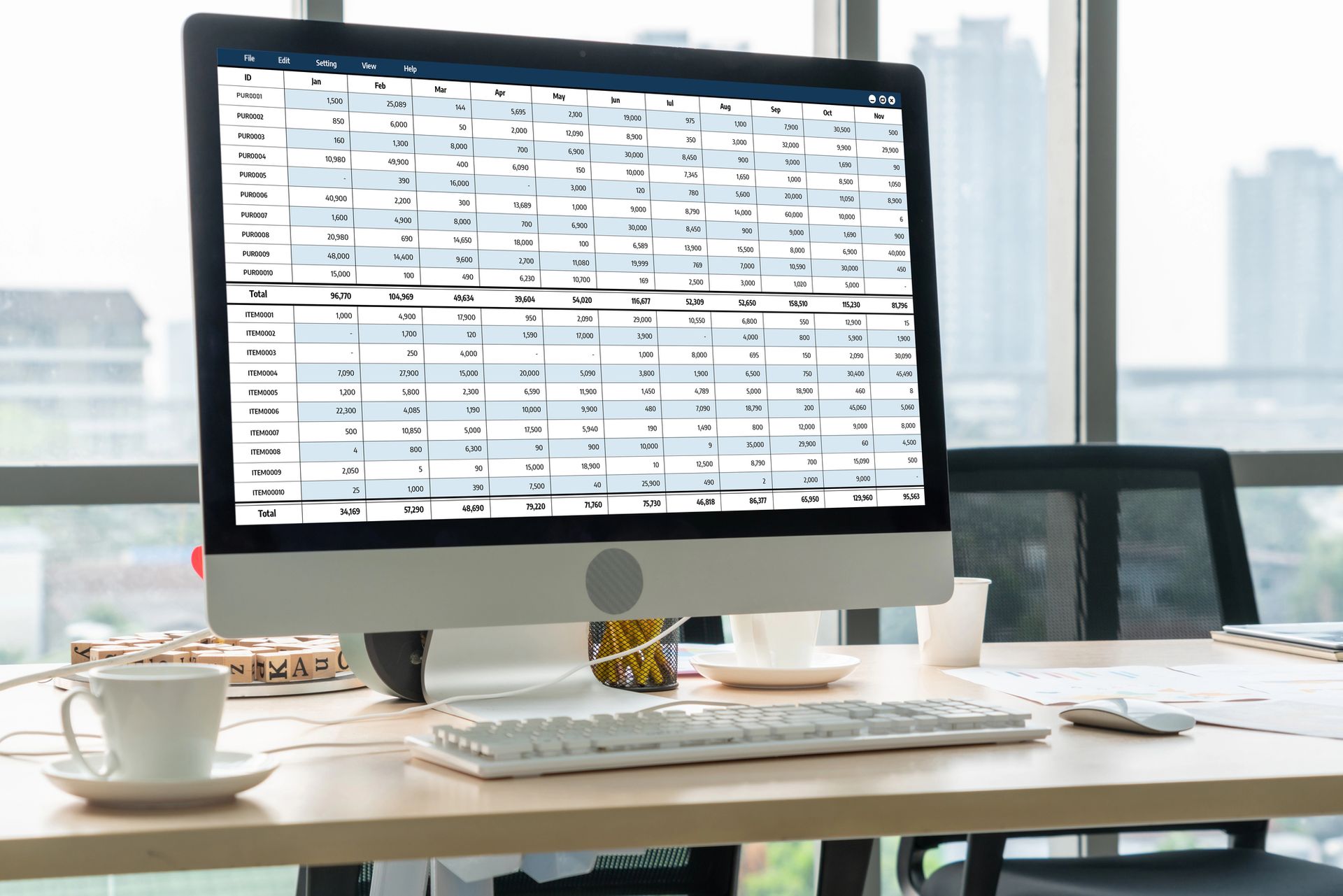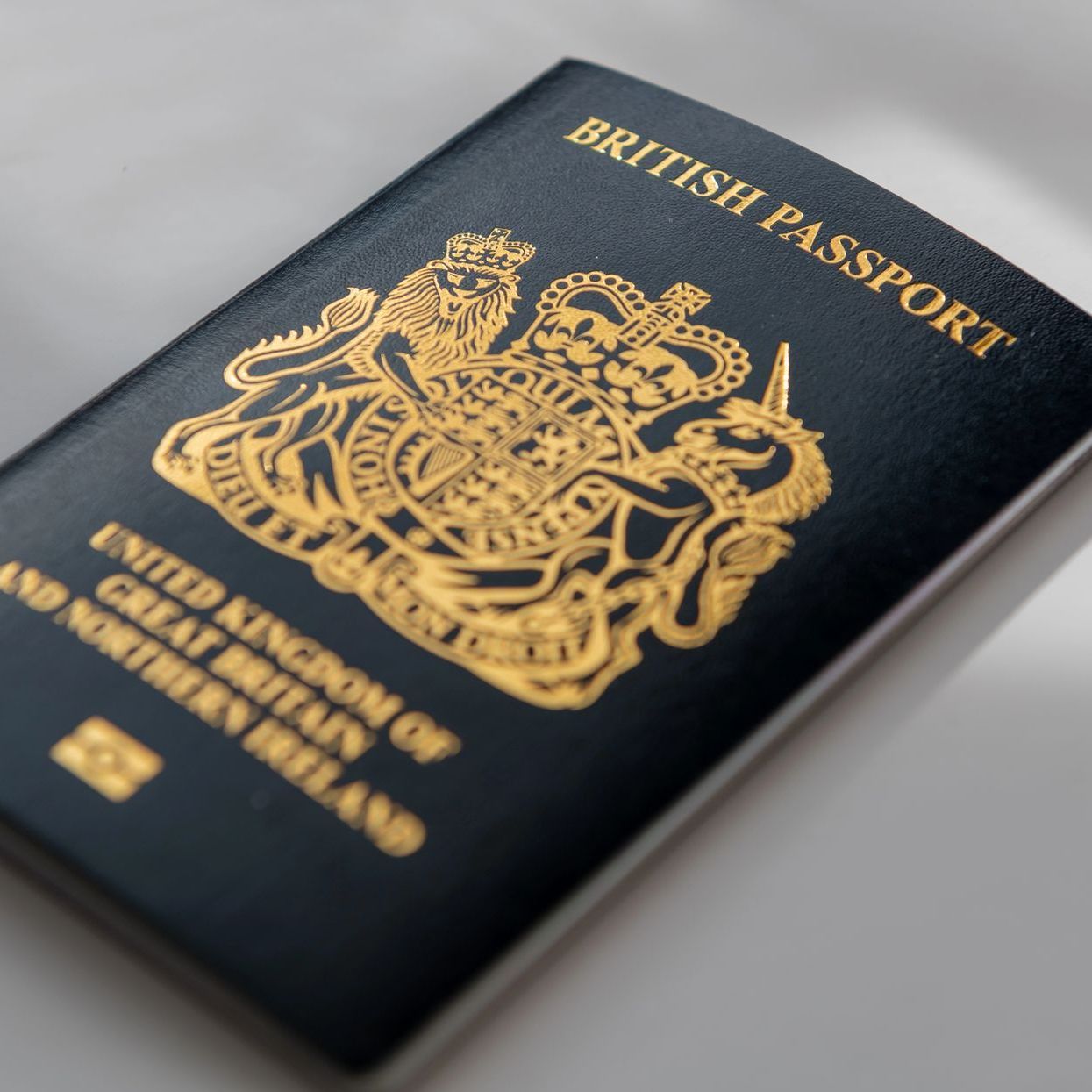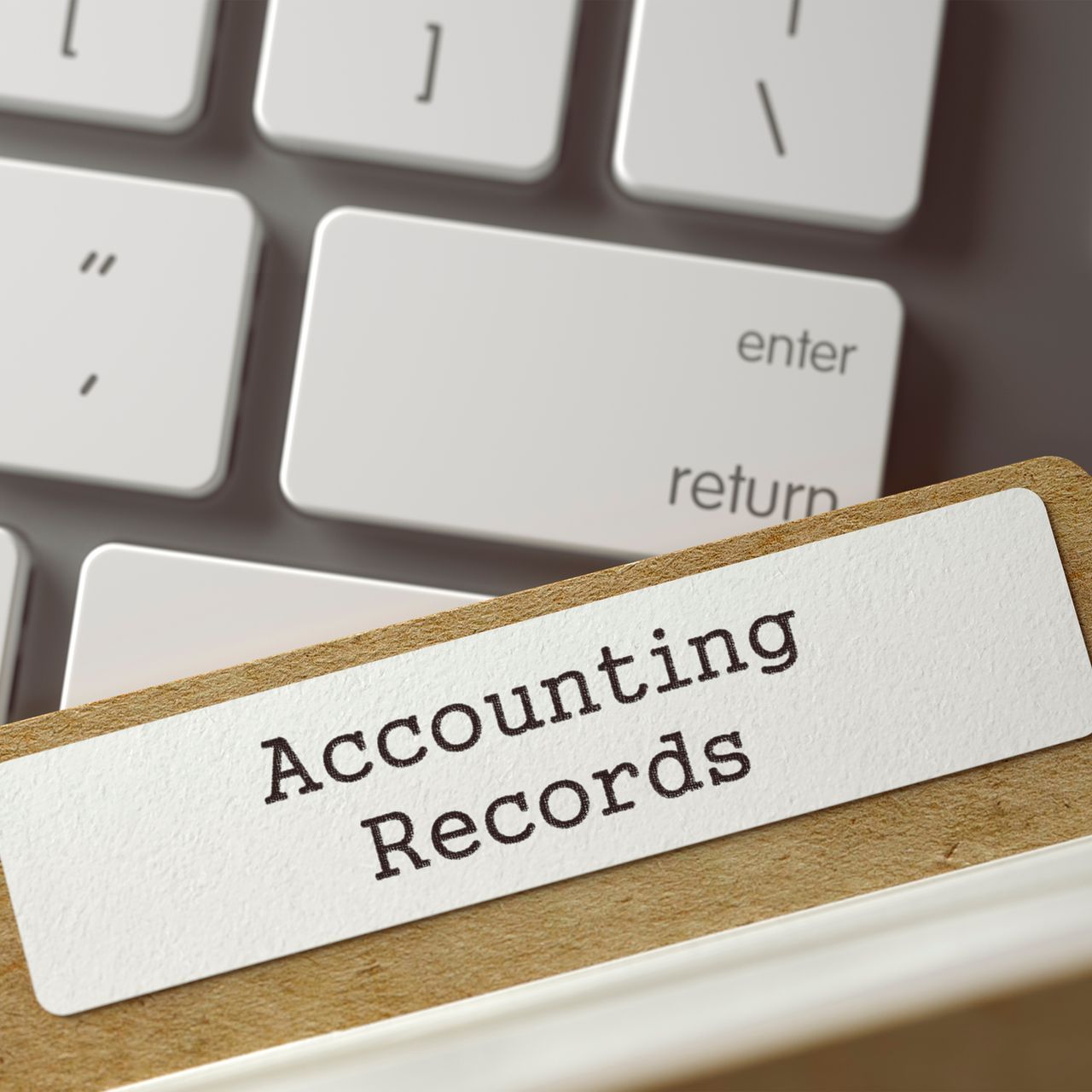Should I set up a sole trade, partnership or company?
Congratulations! You’ve had that perfect idea, or perhaps you just want to manage your own time. Whatever reason you have for setting up your own business, you certainly need to give some consideration to the format you will use to operate. There are other options and factors than those presented here, but this will hopefully give you some food for thought.
Sole Trade
This is the simplest way of running your business. A sole trader operates their business as themselves, there’s no need to run a payroll unless you employ somebody else. All profits that the business makes are assessed to tax using a self-assessment tax return.
You can choose your year-end date but deciding against either 31 March or 5 April means you may pay tax twice on some profits.
Partnership
If there are two or more of you involved in your business, you can operate in a similar manner to a sole trade using a partnership. If you choose to operate in this manner, it is worth having a partnership agreement in place in case there is ever a disagreement you can’t sort out between you.
Any profits the partnership makes are reported using a partnership self-assessment return, which in turn feeds into a self-assessment return for each of the individual partners based on the agreed allocation of profits.
Company
A company is a separate legal entity so you need to think of it almost like another person in its own right. Unlike a sole trade, you are employed by your company and therefore to extract your hard-earned money you need to take a salary or a dividend. This may require you to run a payroll system as you will need to submit returns to HMRC whenever you take a salary from the company.
Dividends are made to the shareholders of the business and are subject to different tax rules. Before you can take a dividend, you need to be able to show that the company has made a profit (an accounting profit, not just cash in the bank) and The Board need to make a documented decision to make a dividend payment.
If you choose to set up a company, you must lodge annual accounts prepared using UK accounting standards with Companies House, submit an annual confirmation statement and complete a Corporation tax return for HMRC, as well as paying any Corporation Tax due.
The costs involved in running a company are slightly greater than a sole trade as there are more legal obligations to comply with. However, the big advantage of a company over a sole trade is that your personal liability is limited to the amount of share capital that you have invested in your business.
However you decide to run your business, good luck with it and if you need help give me a call on 07597 546 030











